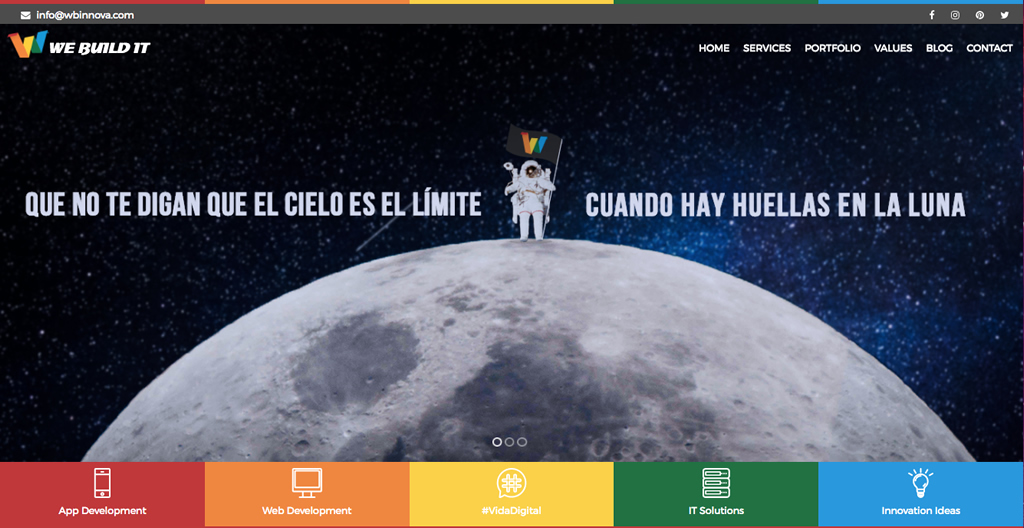According to Philip Kotler, father of modern marketing, has been clear: “it has gone from focusing on production, to focusing on the customer”. He also explains that Marketing is “Satisfying needs in a profitable way“.
Marketing starts from the stage of economic self-sufficiency. Where in the beginnings of humanity, each family had to be self-sufficient. As the human being developed, his instinct for survival and separation caused marketing to be born.
Already when the coin appears from the hand of the Greeks, it was a great event in the history of marketing.
In the sixties and seventies it was the most complicated moment of the success of the new Marketing techniques of the moment. Millions of people launched to the market all kinds of products and services. Every day new products appeared in the market and companies began to improve their products and offers to differentiate themselves from the competition.
As time passes, the image of the brand becomes more important as a differentiator for the consumer. We can say that we went from the reign of the product to that of the brand. And in terms of marketing, we jump from a needs marketing to one of aspirations. What it means is that a consumer appears who wants to feel, be a participant in and become … Example: Coca-Cola marketing.
When consumer emotions become important in marketing, the direction of new Marketing begins to clear up. In the 90’s the Internet is used as an escape. The first websites were still digital brochures in which they talk about companies and their products. Anyone could find that information.
During the decade of 2000 and 2010, with the emergence of new social and mobile tools that paradigm was expanded. Little by little it was transformed from advertising to the concept of creating an experience that involves users, so that it changes its concept of what it is to be a brand’s customer.
This happened when the web 1.0 concept; that in which contents were published on the web, but without much interaction with users, gave way to web 2.0; generated when social networks and new information technologies allowed the exchange of videos, graphics, audios, among many others, as well as created interaction with brands.
Nowadays, digital marketing as an experience is the prevalent concept, with the generation of content through content marketing, which is very necessary if one wants to reach potential consumers without selling directly.








